Our India-Pakistan Asia 21 Leaders ‘Defeating the Stereotypes’
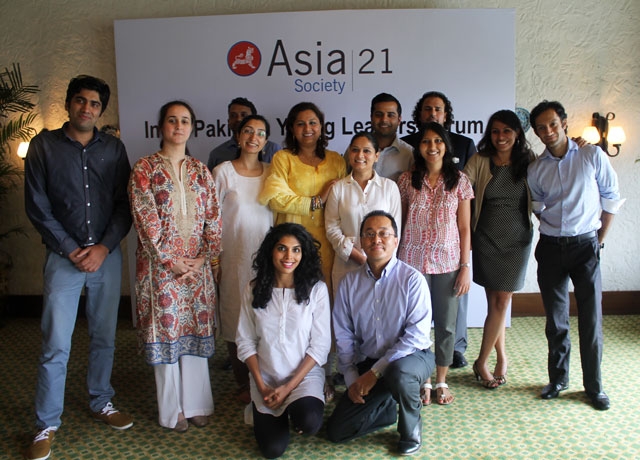
One way to convey the power of the India-Pakistan branch of our Asia 21 Young Leaders network is to offer biographical snapshots of the group that makes up its Class of 2014.
Here you have a law professor who runs the “Street Law Clinic” in Pakistan; the chief correspondent for New Delhi Television (NDTV) in Pakistan; a woman who ran a school for children of sex workers in Pune, India; a physician who led the launch of India’s national effort to provide anti-retroviral (ARV) drugs to patients with HIV/AIDS; a political scientist who has taught summer camp on the Pakistan-India border; an advocate for India’s rickshaw drivers; a National Secretary of India’s BJP party; and a Pakistani columnist and filmmaker who also happens to be a rock-and-roll singer who has written songs that take on the derailing of democracy and the spread of religious extremism in his country (not surprisingly, some of his music has been banned in Pakistan).
The 2014 class of fellows met for the first time in New Delhi from August 1-3. After two and half days of intense discussions, the group resolved to focus on a few key areas: the Role of the Media in Bridging Divides; the Role of Arts and Culture in Bridging Divides; Cultivating the Entrepreneurial Ecosystem; and Preventing Violence against Women. Throughout the course of this weekend’s forum, the participants – from the old and new classes alike – insisted that the critical challenges confronting their generation in Pakistan and in India are essentially the same, on either side of the border.
“This realization, coupled with new possibilities for a way forward in India-Pakistan bilateral relations, gives hope for better days ahead,” said the program’s executive director Sanjeev Sherchan. “The Asia Society firmly believes that making a long-term investment in the development of a next-generation leaders network can help lay a foundation for the kind of change that can ultimately help stabilize the region. The India-Pakistan Young Leaders Initiative is one such example.”
Another way to describe the program is to look at what the prior “class” has done. A year ago, during a brainstorm in Islamabad, the group laid out a work plan to attack what one member called the “dangerously misguided” image Indians have of Pakistanis, and vice versa. On year later, the group has produced policy papers, newspaper editorials, and a pair of public-service videos that are to be released in September – one featuring Indians’ views of Pakistan, the other showcasing Pakistanis speaking about India. In each case the message is simple, and powerful: Pakistanis speak about why they love the Indian people and want to learn more about their country; Indians saying the same sort of thing about the people of Pakistan. Fellows on both sides have written policy papers and editorials about potential bridges of understanding that might break the diplomatic and political logjams that divide the two nations.
Such bridges, of course, are at the core of the Asia Society mission – so these young people are, in a sense, our young ambassadors. “We must do all that we can to defeat the stereotypes,” said Mehmal Sarfhaz, a Pakistani journalist and member of the Class of 2013. To which Indian physician Satchit Balsari chimed in: “It’s all about breaking down the concept of the ‘other’. Once we have done that, so much more is possible.” Well said.
Related Links
More information on the Asia 21 Young Leaders
Meet the Fellows


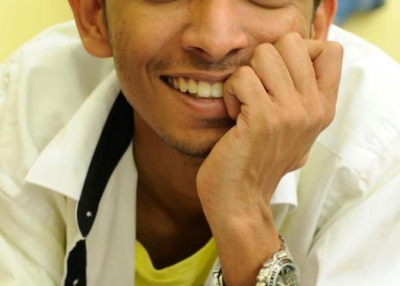
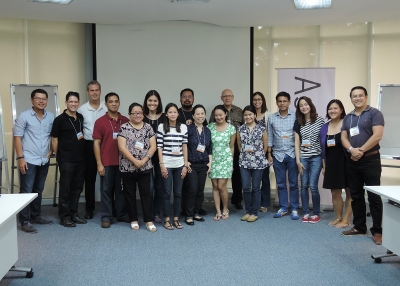
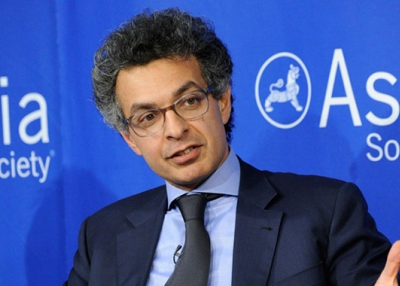
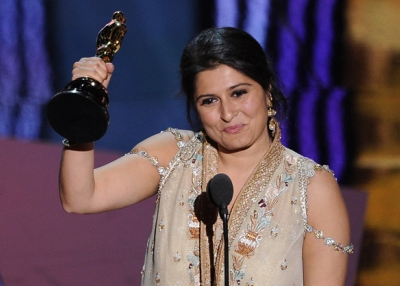

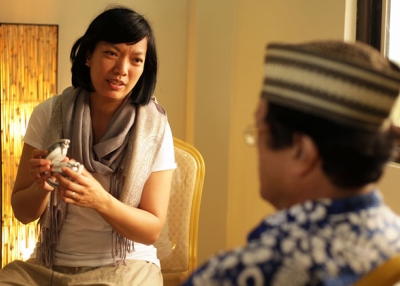
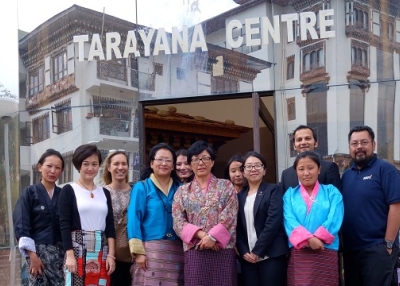
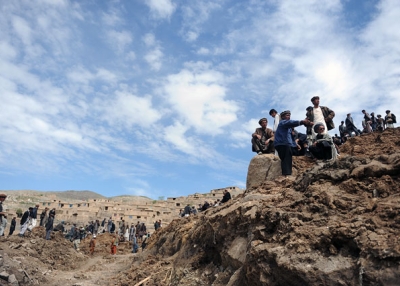
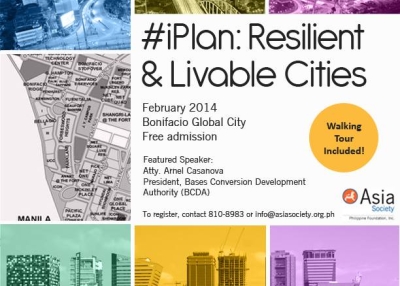
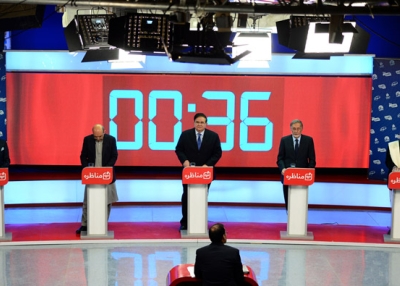
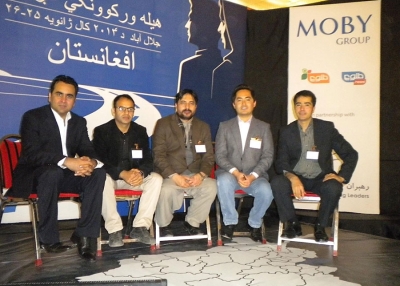
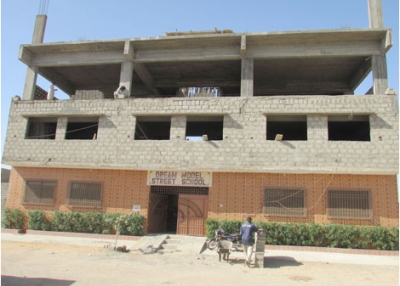
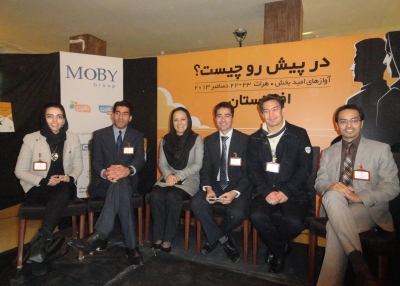

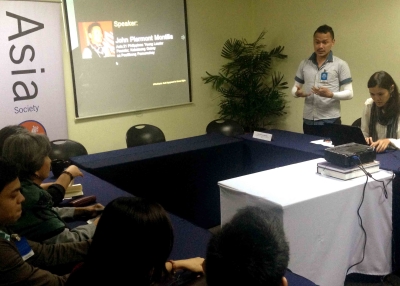

.png)
.png)